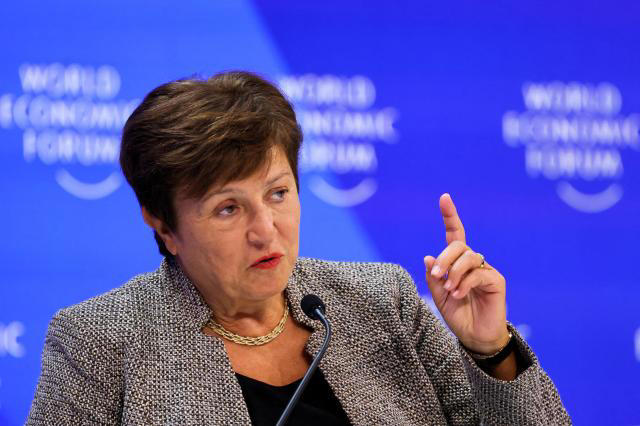The International Monetary Fund (IMF) recently issued a statement following its annual consultation with the United States, highlighting critical economic concerns and policy recommendations. A significant focus of the IMF’s assessment was on the detrimental effects of trade sanctions against China, stressing their impact not only on the global economy but specifically on U.S. economic performance.
One of the primary concerns raised by the IMF is the substantial U.S. fiscal deficit, which continues to drive up the ratio of public debt to Gross Domestic Product (GDP). This persistent deficit spending raises questions about long-term fiscal sustainability and economic resilience, especially amid ongoing economic uncertainties globally.
In the realm of trade policy, the IMF urged the United States to engage actively with its major trading partners to address core issues. These include concerns over unfair trade practices, vulnerabilities in global supply chains, and national security risks that pose threats to the integrity of the global trade and investment system. The IMF’s stance underscores the potential adverse consequences of escalating trade restrictions, which could not only disrupt global trade flows but also dampen overall economic growth prospects.
The IMF’s criticism of tariffs and non-tariff barriers reflects its view that such measures distort market dynamics, impede efficient allocation of resources, and increase costs for businesses and consumers alike. By distorting trade and investment flows, these policies contribute to economic inefficiencies and heighten economic uncertainties, thereby undermining broader economic stability.
Looking ahead, IMF Managing Director Kristalina Georgieva expressed cautious optimism regarding U.S. inflation, predicting a gradual decline toward the Federal Reserve’s target of 2% by mid-2025. This forecast hinges on expectations that prudent fiscal policies, alongside supportive monetary measures, will help navigate the current economic challenges effectively.
In summary, the IMF’s assessment underscores the interconnected nature of global economic policies and the imperative for collaborative efforts to address structural vulnerabilities and trade imbalances. By advocating for a balanced approach to trade policy and fiscal management, the IMF aims to foster economic resilience and sustainable growth trajectories amidst a complex and evolving global economic landscape.
